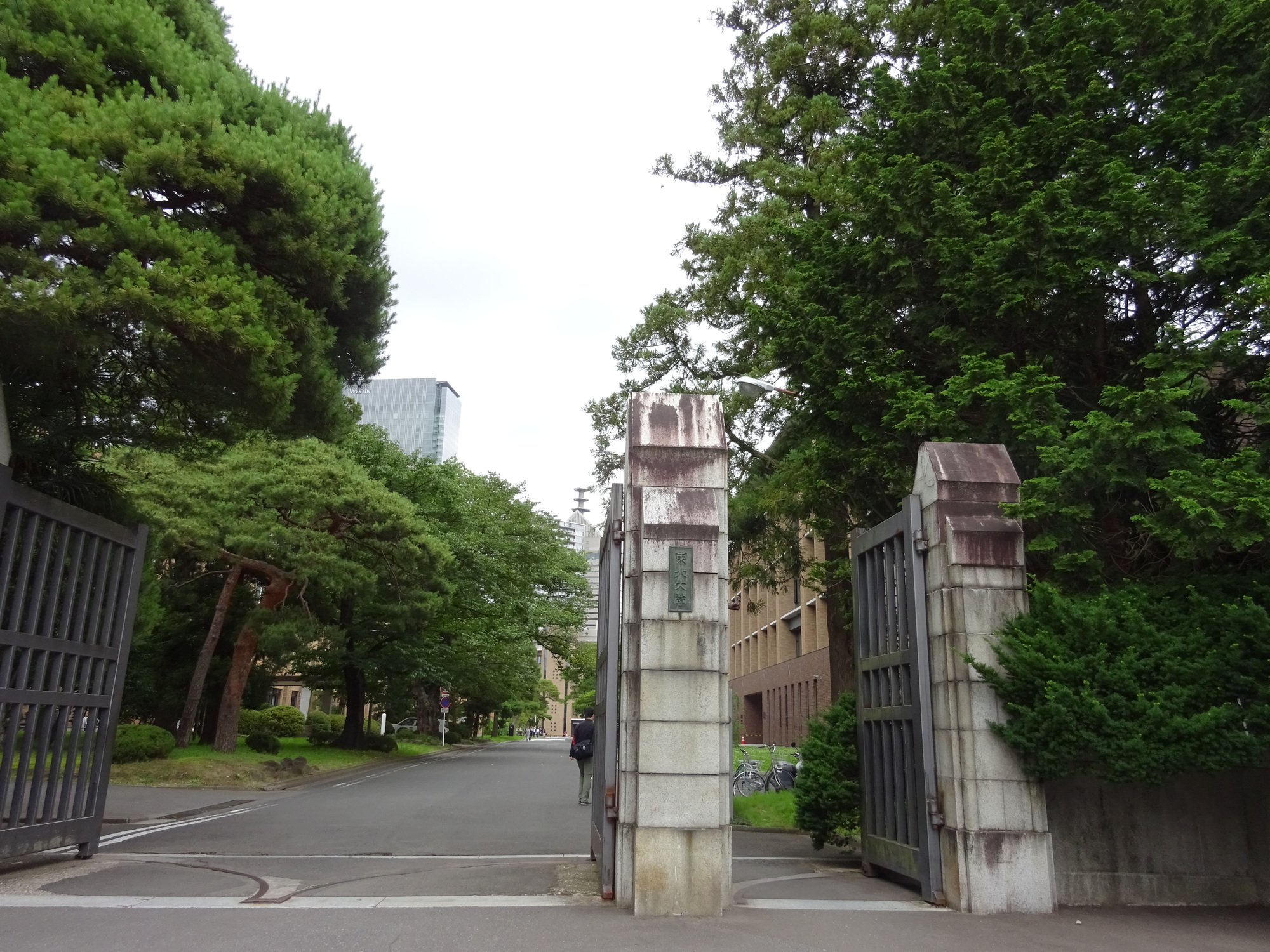A research group led by Associate Professor Shinichiro Nomura of Tohoku University, in collaboration with Tokyo Institute of Technology, constructed an artificial cell that can increase human-designed DNA by more than 5000 times at a temperature equivalent to body temperature.
DNA is commonly referred to as the molecule that encodes a gene.On the other hand, it can also be used as a "signal molecule" for manually designing the base sequence of DNA and controlling the functions of artificial cells and molecular robots.However, in an environment where only a small amount of signal DNA exists, artificial cells do not work well, so a mechanism was needed to detect a small amount of signal DNA and amplify the signal inside the artificial cell.
This time, the research group constructed an artificial cell that can increase DNA more than 37 times at a temperature equivalent to human body temperature (5000 ° C).The artificial cell constructed this time has a "DNA amplification circuit" incorporated inside the artificial cell membrane.This circuit can produce and amplify "output signal DNA" when it detects "input signal DNA" that turns on the switch of the amplifier circuit.Although errors often occur in such reaction circuits, we have succeeded in successfully incorporating an artificial nucleic acid called LNA to prevent errors.
Furthermore, the performance of the amplifier circuit that occurs in the artificial cell was evaluated while changing the amount of signal DNA previously applied to the artificial cell.Then, it was confirmed that artificial cells can amplify DNA more than 2 times in about 5000 hours.We also succeeded in controlling the start of the DNA amplification reaction inside the artificial cell by irradiating it with light.This result will lead to spatiotemporal control of artificial cells, and is expected to develop as a technology for controlling constructed artificial cells.
This achievement is expected to develop as an elemental technology for the development of artificial cells and molecular robots that detect trace amounts of target molecules to diagnose and treat cancer and take care of cells in the future. ..
Paper information:[Chemical Communications] Isothermal amplification of specific DNA molecules inside giant unilamellar vesicles


